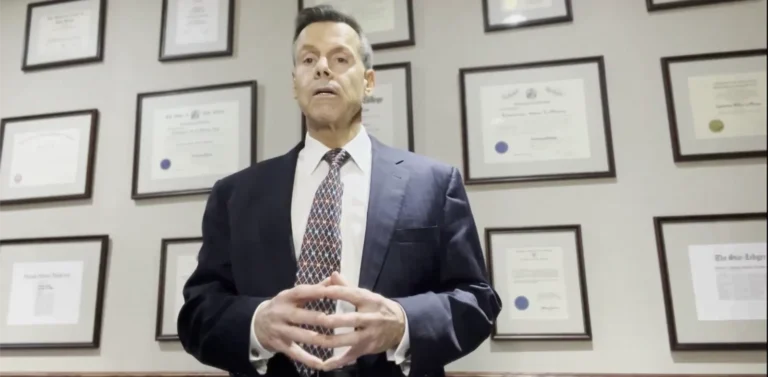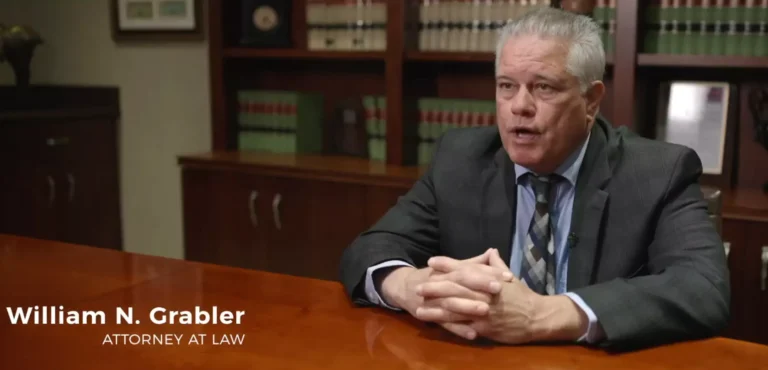Workers’ Compensation
Workers’ Compensation Lawyers
On-the-job injuries can cause major disruptions in your life. Your injuries may require extensive medical treatment and therapy. In the meantime, you might not be able to work to pay your doctor’s bills or even living expenses.
Workers’ compensation is supposed to take care of you when you suffer these injuries. But workers’ comp insurers often deny these claims, leaving injured employees to handle these challenges on their own.
A New Jersey workers’ compensation attorney from Garces, Grabler & LeBrocq can help you fight workers’ comp insurers.
If we cannot resolve it, New Jersey provides many options for seeking a review of your claim, including mediation, a formal hearing, and an appeal. Contact us to learn how we can help you get workers’ comp benefits.
What Is Workers’ Compensation?
Workers’ compensation is insurance. You do not need to buy a workers’ comp policy. Instead, the state requires nearly all employers to buy these policies to cover their workers. Specifically, all businesses must carry workers’ comp insurance if they have at least one worker other than the owner.
These policies are specifically designed to pay injured employees. In fact, the state designed the process to proceed as smoothly as possible to encourage workers to seek benefits.
After a work-related traumatic incident, the injured worker should only have to notify the employer of the injury. The employer and workers’ comp insurer should take it from there.
Unfortunately, this often does not happen. While insurers have a legal duty to investigate and pay claims in good faith, they also have a financial incentive to deny claims.
As a result, you may face delays, claim denials, and battles in mediation and litigation before the insurer finally meets its obligation to pay your claim. The insurer hopes that you will abandon your claim or accept reduced benefits.
Who Is Eligible for Workers’ Compensation?
Eligibility for workers’ compensation depends on two elements. First, your employment must qualify you for coverage by workers’ comp insurance. Second, you must suffer a qualifying injury. If you meet both of these requirements, the insurer should accept your claim and pay your workers’ comp benefits.
TYPES OF EMPLOYEES COVERED BY WORKERS' COMP
All employers with at least one employee in New Jersey must buy workers’ compensation insurance. This means you will likely be eligible for worker’s comp benefits if you are employed in the state.
State law uses two tests to determine whether the employer-employee relationship exists. If a worker meets either test, they qualify as an employee and can receive worker’s comp benefits for job-related injuries.
Under the control test, the state looks at who determines what the worker does and how, when, and where the worker performs their job duties. If the worker retains control, they may be an independent contractor. When someone else has control, the worker may be an employee.
Under the relative nature test, the state looks at whether the worker relies on the work for income and the business relies on the worker to operate. If a worker’s job meets both of these elements, the worker qualifies as an employee.
Once at least one of these tests is met, the employee will probably qualify for workers’ comp benefits, regardless of the nature of their employment. Specifically, you qualify for workers’ comp even if you:
- Work in New Jersey for an out-of-state employer
- Only work as a part-time employee
- Have a seasonal job
- Work for an independent contractor or subcontractor
New Jersey law only categorically excludes the following from the workers’ comp system:
- Unpaid interns
- Unpaid volunteers other than volunteer firefighters
- Independent contractors
- Sole proprietors with no employees
The system also exempts anyone covered by an alternative federal program. Thus, you will pursue a different type of claim under federal law for your injuries if you work as a:
- Federal employee
- Railroad worker
- Dock Worker
These workers can still pursue compensation for on-the-job injuries. But they must pursue a claim for federally mandated benefits rather than a claim under New Jersey’s worker’s comp laws.
TYPES OF INJURIES COVERED BY WORKERS' COMP
Importantly, workers’ comp is a no-fault system. When you file a claim, you do not need to prove that your employer caused your injury. The insurer covers injuries caused by your employer’s negligence, your negligence, and those involving the negligence of third parties. It also covers injuries in which no one was negligent.
There are a few limits to the injuries covered by workers’ comp. Workers cannot get compensated for injuries that arise from:
- Being the aggressor in an assault
- Intoxication due to alcohol or illegal drugs
- Instigating horseplay that was a major deviation from work
In these situations, the cause of the injury was not work-related, even if the injury happened at the person’s place of employment. However, New Jersey law favors coverage for employees.
For example, New Jersey allows some instigators of horseplay to recover workers’ comp benefits when the horseplay was to be expected. Similarly, an intoxicated worker might still receive workers’ comp if the intoxication was not the cause of the accident.
If your claim is denied, you should speak to a worker’s comp attorney from Garces, Grabler & LeBrocq to discuss the arguments we can make to overcome the denial.
Workers’ compensation benefits cover work-related injuries resulting from several situations.
TRAUMATIC ACCIDENTS
You can pursue benefits for injuries resulting from a single accident or traumatic incident. Some examples of incidents that can produce these injuries include:
- Motor vehicle crashes
- Falls
- Falling objects
- Power tool and machine accidents
- Building or trench collapses
- Burns
- Electric shocks
- Chemical spills and splashes
- Exposures to hot or cold environments
These accidents cause acute injuries like:
- Lacerations
- Muscle and tendon strains
- Ligament sprains
- Fractured bones
- Amputations
- Nerve damage
- Internal injuries
- Brain injuries
- Spinal cord injuries
As a result of these injuries, you may require emergency care, medical treatment, and therapy. You may suffer from long-term or even permanent disabilities that limit your ability to work in the future.
TOXIC EXPOSURES
Your job may expose you to toxic substances that cause debilitating injuries. The nervous system is particularly vulnerable to toxic exposures, producing symptoms such as:
- Confusion
- Amnesia
- Weakness
- Loss of coordination
- Tremors
Toxic exposure can also damage the lungs and skin. For example, inhaling asbestos fibers can produce a condition called mesothelioma, in which cancerous tumors grow in the membranes that line your internal organs.
Some hazardous substances known to injure workers include:
- Paint fumes
- Asbestos
- Insecticides
- Herbicides
- Mold spores
- Petroleum products
- Coal dust
- Industrial solvents
- Radioactive materials
Injuries from exposure to toxins develop over time. In many situations, you might not exhibit symptoms for decades after exposure.
These diseases often have no treatment. As a result, you may suffer from symptoms until the disease eventually takes your life.
REPETITIVE MOTIONS
When you stress your body, you develop small cracks in your bones and small tears in your soft tissues. Rest allows your body to repair these microscopic injuries and even build back stronger.
If you repeat the stresses without resting, the injuries accumulate and propagate instead of healing. Some examples of repetitive stress injuries include:
- Strained muscles and tendons
- Sprained ligaments
- Stress fractures
- Herniated or bulging discs
Repetitive stress injuries can, in turn, cause other problems. Swollen or deformed tissues can press on nerves, causing nerve damage.
A common example of these injuries occurs in carpal tunnel syndrome, in which inflamed wrist ligaments press on the median nerve. Another example happens when deformed spinal discs press on nerve roots branching from the spinal cord. Nerve compression causes symptoms such as:
- Pain
- Muscle weakness and spasms
- Numbness or tingling
These symptoms affect an otherwise uninjured body part. Thus, a herniated disc in your lower back might produce symptoms in your leg, while carpal tunnel in your wrist can affect your elbow and fingers.
These injuries often require rest to heal properly. In some cases, you may also require surgery. During your recovery, your doctor may limit your work activities. If you are out of work for at least seven days, you become eligible for temporary disability benefits.
OCCUPATIONAL DISEASES
Occupational diseases come from your work environment or the tasks you perform. They can include injuries caused by toxic exposure(s) or repetitive motion(s). But they also include conditions that result from neither of these occupational hazards.
Two common examples of occupational diseases that result from something other than toxins and repetitive stresses include hearing loss from noisy environments and asthma or other respiratory conditions from dust.
By themselves, noise and dust are relatively harmless. However, exposure to these conditions for hundreds of hours per year can cause serious health problems.
Doctors can sometimes treat occupational diseases. But in most situations, you will suffer permanent disabilities that limit your ability to return to work.
What Kinds of Benefits Are Included in Workers’ Compensation?
Workers’ comp pays several types of benefits, including:
MEDICAL BENEFITS
The insurer will pay for reasonable and necessary treatment and therapy for the injury, including:
- Emergency room treatment
- Hospitalization
- Surgery
- Physical therapy
- Prescription medication
Your employer or its workers’ comp insurer can designate the physician or medical practice you must use. You can only see someone else for treatment in an emergency or when the insurer improperly denies your claim.
WAGE REPLACEMENT BENEFITS
The insurer must replace 70% of your lost wages up to a preset limit. The insurer calculates the wage replacement benefit using your average weekly wage and pays replacement wages weekly starting on your seventh day out of work. This benefit ends when you return to work or reach maximum medical improvement (MMI).
PERMANENT DISABILITY BENEFITS
MMI means your medical condition will not improve with additional treatment, therapy, or time to heal. When you reach MMI, you can seek permanent partial or total disability benefits depending on your injury.
Total permanent disability happens when you cannot maintain any type of gainful employment. For example, if you suffer a spinal cord injury that produces total permanent paralysis, you can pursue permanent total disability benefits. These benefits equal 70% of your average weekly wage up to a preset limit.
Conversely, partial permanent disability happens when you permanently lose the use or function of a body part or system, but you can still maintain gainful employment without it. Thus, if your doctor needs to amputate your arm due to your injuries, you can seek permanent partial disability benefits.
The amount of partial disability benefits is set by a schedule based on the injury. For disabilities that do not appear on the schedule, the worker and their lawyer must battle the insurer to get a fair residual disability percentage.
This percentage estimates the worker’s remaining abilities and uses that number to calculate their permanent partial disability benefit. These benefits get paid weekly. Instead of sending a check every week, many insurers will negotiate with workers and their worker’s comp lawyers to agree on a lump sum payout.
DEATH BENEFITS
The surviving family members of a deceased worker can pursue death and burial benefits. These benefits include at least $3,500 for burial and 70% of the deceased worker’s average weekly wage up to a preset maximum.
Again, insurers will often negotiate with the surviving dependents and their attorneys to reach a fair lump sum payment.
No Fee Unless
GGL Wins
What to Do When You Are Injured at Work
Your actions after a workplace injury can affect your rights to pursue workers’ compensation benefits. The most pressing requirement for the worker is to report the accident to their employer, which should be done immediately upon suffering an accident.
If you suffered an occupational disease, you should tell your employer as soon as possible upon receiving your diagnosis.
In some cases, you will not be able to notify your employer immediately. For example, if you lose consciousness during your accident and only regain consciousness in the hospital, the notice may be delayed. In these cases, you have several options.
First, your employer might have witnessed the accident, or someone else, like a co-worker or supervisor, might have reported it. This notice is enough to start the process.
Second, you can call or email your employer to notify them. You do not need to provide in-person notification.
Third, you have up to 90 days to notify your employer without losing your claim. However, you should notify them within 30 days to preserve your right to receive full workers’ comp benefits.
After receiving notice, your employer should notify its workers’ comp insurer. The insurer will reach out to you to gather the information needed to investigate your claim. You should not need to do anything except explain what happened and authorize the insurer to review your medical records.
If your employer fails to report your injury to its insurer, you can contact the insurer or the New Jersey Division of Workers’ Compensation. You can also contact us, and we will take the lead on getting your claim started while you focus on your health.
Why Hire GGL?
Garces, Grabler & LeBrocq has helped injured employees navigate the workers’ compensation system since its founding in 1991.
Since then, our New Jersey workers’ compensation lawyers have helped hundreds of workers recover fair payouts for their work-related injuries. These satisfied clients give us glowing reviews and refer their family members, friends, and co-workers to us.
We understand the pain and stress our clients face. We relieve the pressure and confusion caused by the workers’ compensation system so you can focus on your health instead of dealing with insurers. We charge a contingency fee, so you pay no fee unless we win.
Contact us online or call 1-800-923-3456 to learn how we can help you with your workers’ compensation claim.
Related Practice Areas
No Fee Unless
GGL Wins
We've got you covered.
Tell us what happened.
One of our advisers will contact you.

OFFICIAL PARTNER OF RUTGERS ATHLETICS
Recent GGL Wins
Workers' Compensation
32-year-old laborer suffered severe burns from an industrial accident while working.
$2.5 Million
Verdict
Workers' Compensation
30 year-old laborer suffered severe head and neck injuries in a forklift accident that was not properly maintained while working. Read more…
$1.8 Million
Verdict
Workers' Compensation
25-year-old laborer died in an industrial accident while working.







